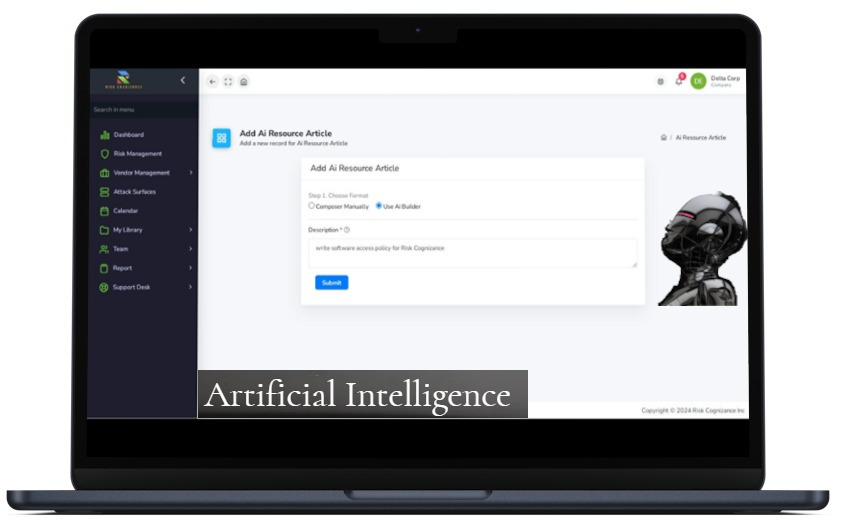Overview
Enterprise Risk Management (ERM) software enables businesses to effectively mitigate a variety of risks, minimizing financial, legal, and operational liabilities. By utilizing ERM software, companies can define, implement, and monitor comprehensive strategies for managing risk across all levels of the organization. Commonly referred to as GRC (Governance, Risk, and Compliance) platforms, ERM software covers multiple risk categories, including financial, hazard, strategic, and operational.
ERM software include organizing and analyzing risk data, tracking incidents organization-wide, and providing tools to assess and modify risk-related operations in line with regulatory and policy requirements. This software is primarily
Organizations require powerful tools to manage risk, ensure compliance, and prepare for unexpected disruptions. An Enterprise Governance, Risk, and Compliance (GRC) software platform provides a centralized solution for streamlined risk management and regulatory adherence. Here’s how GRC software addresses essential areas in an integrated risk management strategy:
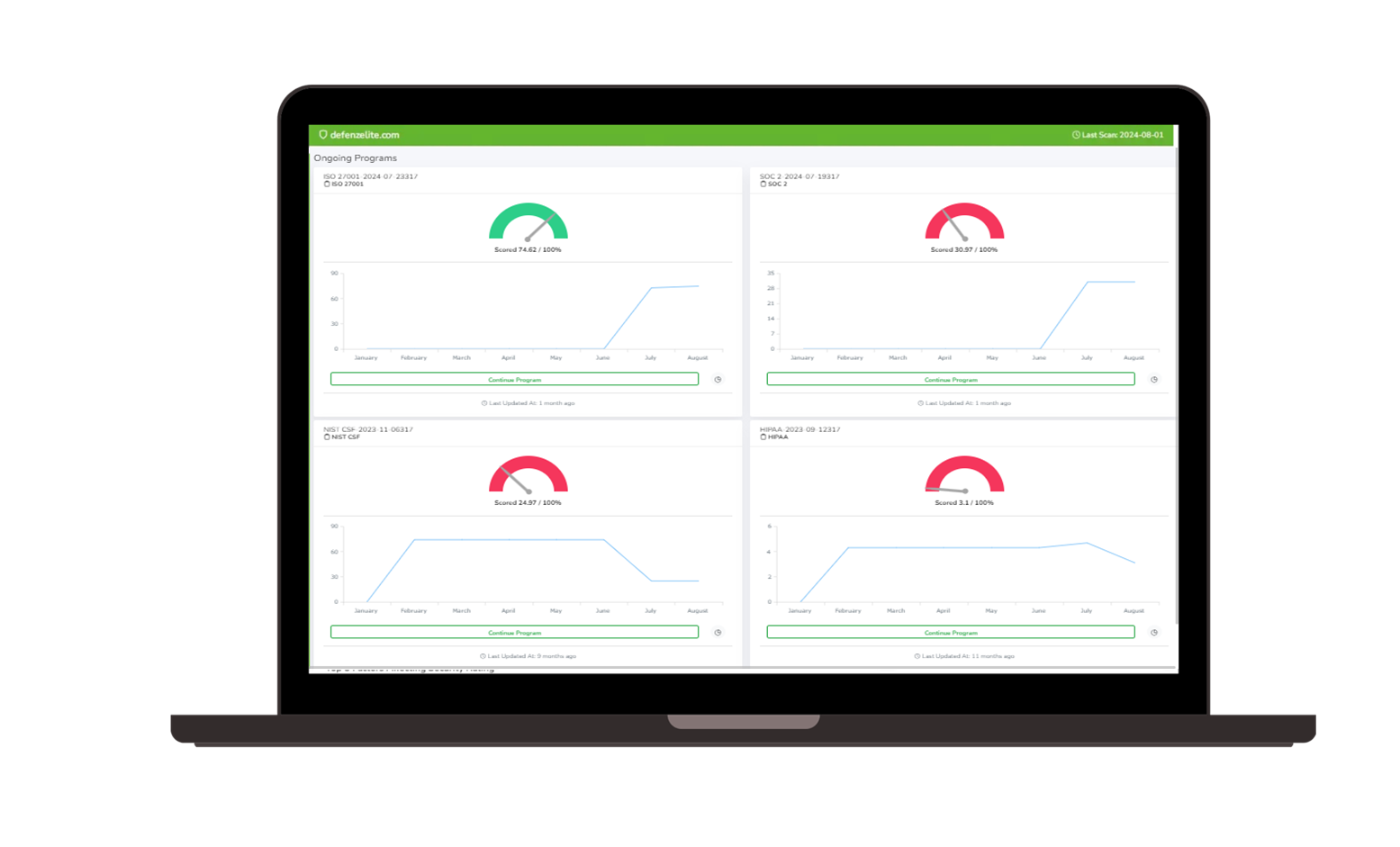 | 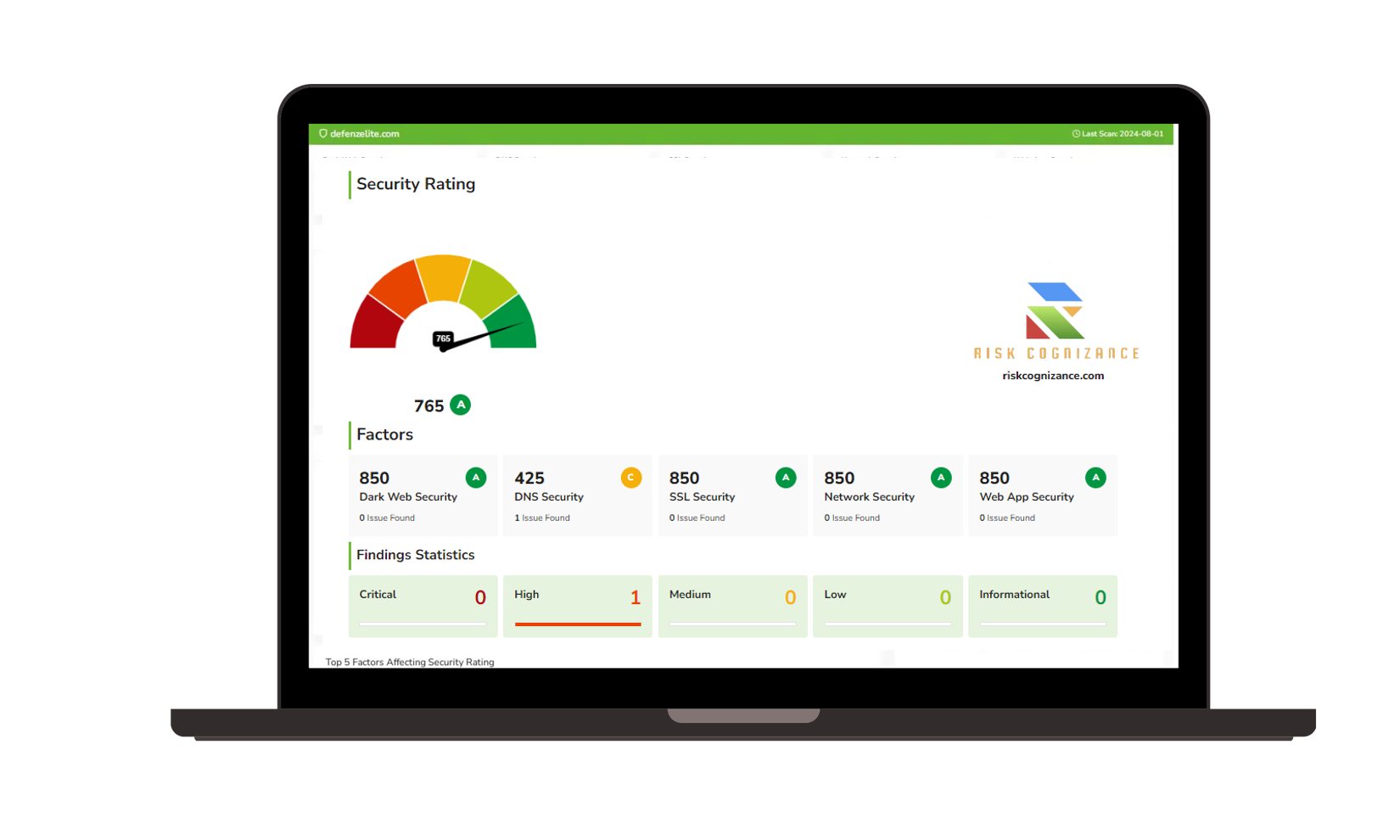 |
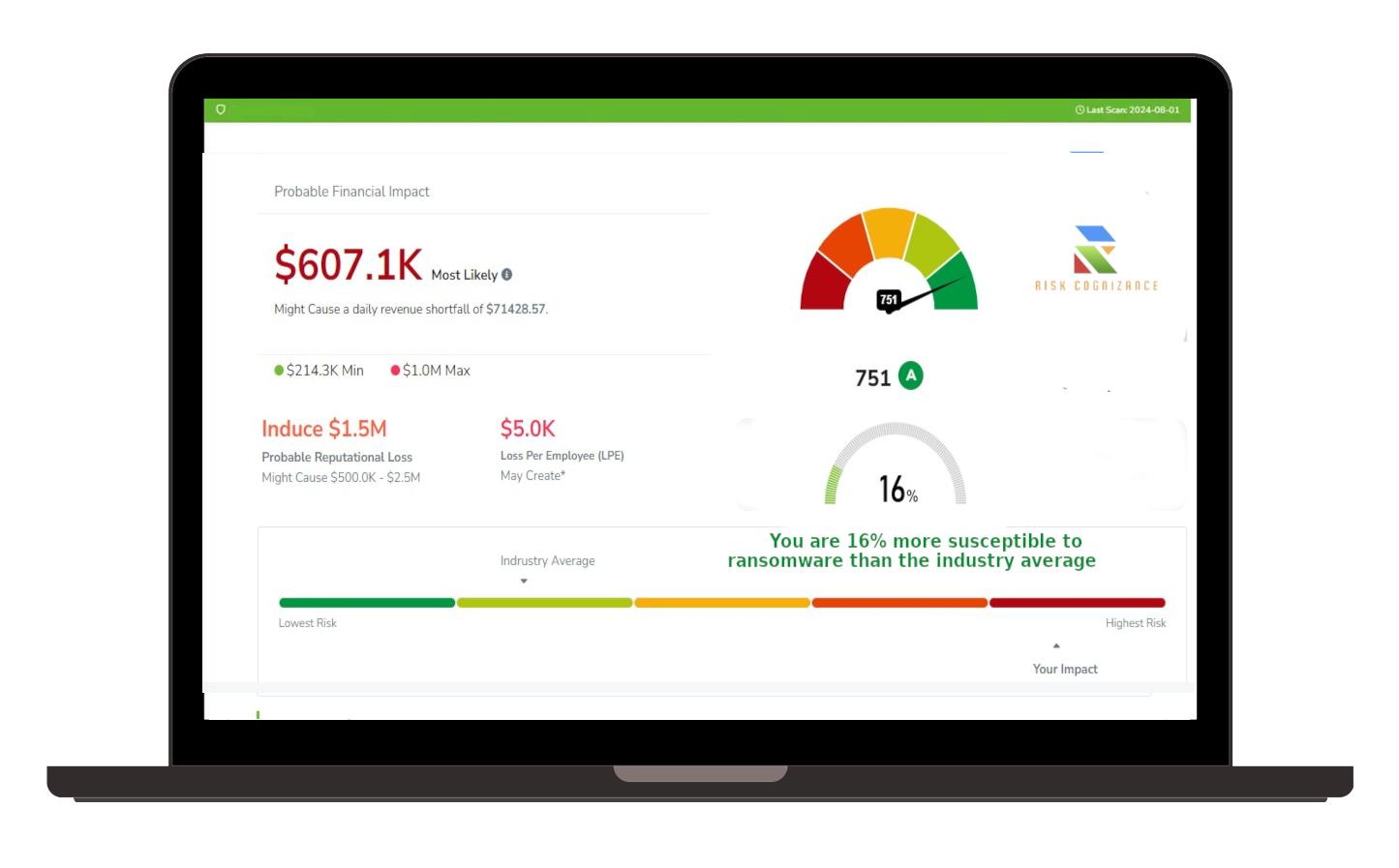 | 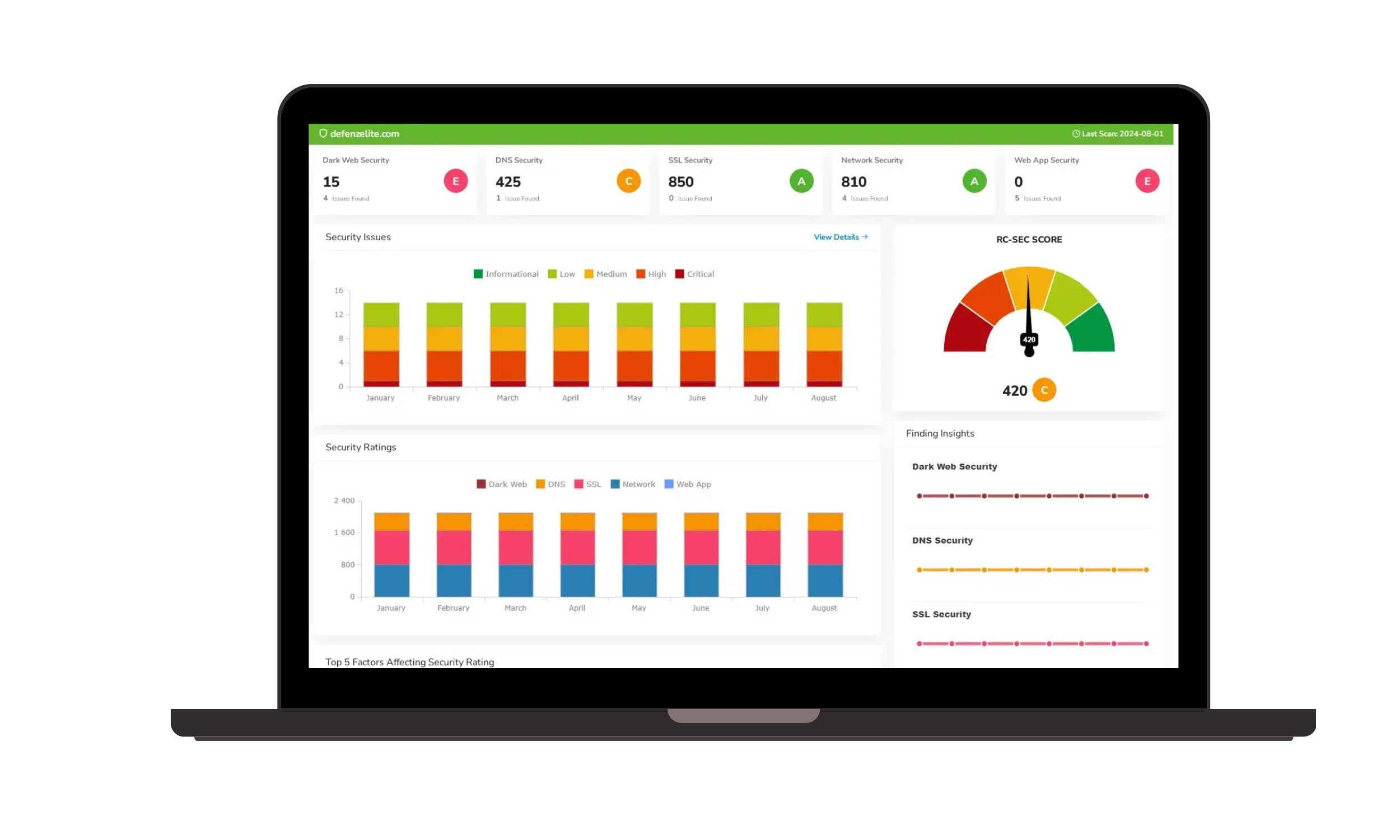 |
| |
Key Areas of an Enterprise GRC Software Risk Management System
Risk Management
- Identify, assess, and prioritize risks using a structured approach that enables proactive mitigation and strategic planning. Automated workflows and risk registers ensure consistency and efficiency in risk management.
Incident Management
- Track and manage incidents across the organization, providing a structured response to security breaches, operational disruptions, and compliance issues. Real-time alerts and detailed incident reports enhance resolution efforts and reduce impact.
Privacy Management
- Meet data privacy requirements across diverse frameworks (e.g., GDPR, CCPA) with a centralized dashboard that simplifies compliance processes and mitigates data handling risks.
Vendor Risk Management
- Manage third-party risk by assessing, onboarding, and monitoring vendors to ensure compliance with security and regulatory standards, minimizing vulnerabilities from external sources.
Compliance Management
- Achieve ongoing compliance with various standards and regulations through automated tracking and reporting. The platform supports efficient oversight of industry-specific standards, such as NIST, ISO, and CCPA, streamlining audit preparation.
Audit Management
- Centralize audit documentation, evidence, and trails to simplify the audit process and reduce the cost of external audits. Automated workflows support quick, reliable auditing, enhancing transparency and control.
Policy Management
- Create and manage organizational policies in a centralized repository, ensuring alignment with regulatory requirements and promoting consistent adherence across departments through automated reviews and updates.
Business Continuity Planning (BCP)
- Prepare for disruptions with robust business continuity plans. GRC software enables plan development, testing, and updates, ensuring critical operations can be quickly restored in the event of an incident.
Why Choose an Enterprise GRC Software Risk Management System?
Enterprise GRC software delivers a unified platform for managing risk, compliance, and governance processes. By integrating essential functions, from risk assessment to privacy management, a GRC solution empowers organizations to make informed decisions and stay ahead of evolving regulatory demands.
Discover how Risk Cognizance’s Enterprise GRC Software can optimize your risk and compliance strategy. Contact us today for more information!
Request Callback

